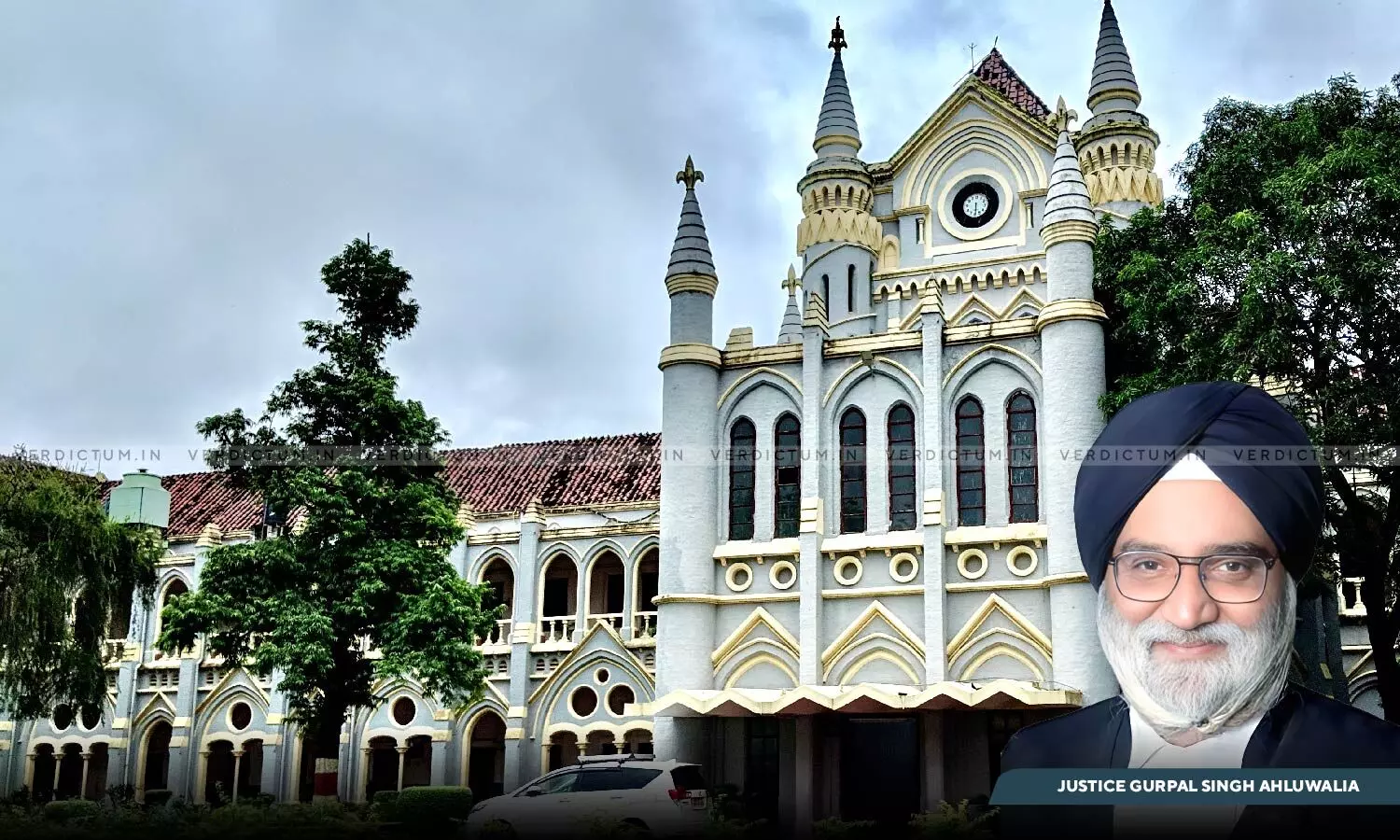
Constant Threats Of False Implication In Rape Case Can Constitute Abetment Of Suicide: Madhya Pradesh HC
 |
|The Madhya Pradesh High Court has recently ruled that persistent threats by the accused to falsely implicate the deceased in cases of rape and eve-teasing can amount to abetment to suicide.
The Single-Judge Bench of Justice Gurpal Singh Ahluwalia underscored the gravity of psychological harassment and its potential to drive individuals to extreme measures.
The Court was dealing with an application under Section 482 of the Criminal Procedure Code (Cr. P.C.) filed by the accused, seeking to quash the proceedings against them. Refusing to grant relief, the court held that the continuous threat of legal action, coupled with harassment and taunts, inflicted significant psychological harm on the deceased, ultimately leading to his suicide.
The Bench emphasized that the threats made by the accused were not mere empty words but had a palpable impact on the mental well-being of the deceased. Citing the deceased's aspirations for a government job and the constant fear of false implication in criminal cases, the Court observed that the cumulative effect of the accused's actions had deeply affected the deceased's self-esteem and prospects for the future.
Relying on the legal precedent set by the Supreme Court in UDE Singh & Ors v. State of Haryana (2019), the Court underscored the principle that persistent harassment leading to the erosion of self-respect could constitute abetment to suicide.
In the present case, the Court found sufficient evidence to establish a prima facie case under Section 306 of the Indian Penal Code (IPC) against the accused. "If the deceased was afraid and was apprehensive of destruction of his self-esteem and respect in the society, then on account of daily humiliation at the hands of the accused persons, if the deceased committed suicide, then prima facie an offence under Section 306 of IPC would be made out," it said.
The Court rejected arguments presented by the applicants, including claims of lack of evidence and attempts to discredit the deceased's character. Notably, the Court rebuked the assertion that a doctor among the accused should be exempt from trial, emphasizing that no such provision exists in the IPC. "It is submitted by counsel for applicants that since applicant No.1 is a Doctor, therefore, she may not be compelled to face the ordeal of trial. However, counsel for applicants could not point out any provision of law, under which a Doctor can seek exemption from the provisions of Indian Penal Code," the Court noted.
Furthermore, the Court scrutinized the role of the second applicant, the mother of the first applicant, in the events leading to the deceased's suicide. Despite not being explicitly mentioned in the suicide note, the Court found that she shared a common intention with the other accused to falsely implicate the deceased.
"So far as applicant No.2 Smt. Rani Nishad is concerned, although there is no specific allegation in the suicide note regarding threat to falsely implicate the deceased in a case of rape and eve teasing but from the statements of the witnesses, it is clear that Rani Nishad was also sharing the common intention," the Court said.
Witness testimony corroborated the deceased's perception of relentless pressure and harassment by the accused, leading to his tragic decision to end his life. The Court emphasized the continuous nature of the harassment, which persisted even after the deceased left his place of residence.
"..it is clear that the deceased, who was making preparation for appearing in PSC for getting a Government job, was upset because of his false implication in criminal cases he would not get any Government job apart from the continuous threat of his false implication in a case of rape and eve-teasing. He was further upset by the continuous taunts that he is a shameless person and has not died in spite of registration of cases," the Court noted.
Consequently, the Court dismissed the application under Section 482 of the Cr. P.C., affirming the need for a full trial to examine the allegations of abetment to suicide. "Under these circumstances, this Court is of considered opinion that sufficient material has been made out for prosecution of the applicants for offence under section 306 of IPC. Accordingly, the application fails and is hereby dismissed," the Court ordered.
Cause Title: Dr. Shivani Nishad and Anr. v. State of Madhya Pradesh [MISC. CRIMINAL CASE No. 27101 of 2023]
Appearance:-
Applicant: Advocate Indu Pande
Respondent: Advocate Dilip Parihar
Click here to read/download the Order